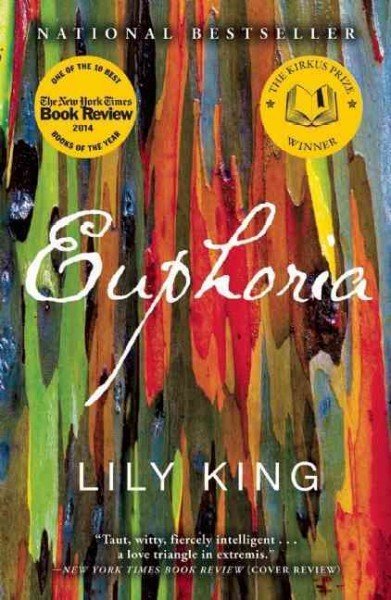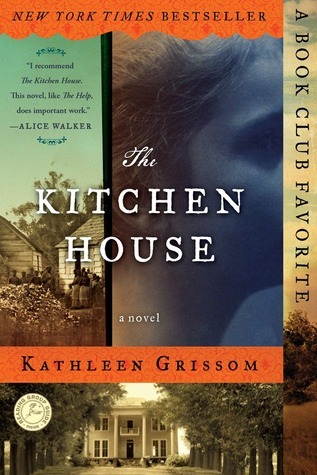#one-sitting read
Euphoria by Lily King
I did not anticipate a tale about three anthropologists mired in the tribal cultures of 1930s New Guinea to be a one-sitting read. As you may have garnered from reading my other blog posts, I am often wrong.
I should have known from anthropologist Nell’s observation about half way through that things were bound to end painfully, but I simply couldn’t stop myself. She says, “Tragedy is based on this sense that there’s been a terrible mistake, isn’t it?” (140). And there is some terrible mistake, but who made it exactly, I’m not entirely sure. Was it one of the three scientists triangulated against the others? Was it of timing? Of place? Of circumstance? Or was it a mistake of more innate inevitability, of humanity, a mistake we ourselves didn’t make, but are doomed to pay for forever.
That inevitability, as tangible as it was, pulled me through the pages. Navigating the river for hours in the oppressive heat and blackness, plagued by bugs and desolation in equal measures, the anthropologist Bankson notes: “Sometimes at night it seemed to me that my boat was not being pushed by the engine but that boat and engine both were being pulled by the river itself, the ripples of wake just a design, like a stage set moving along with us” (38).
This is exactly how the novel drew me mercilessly onward, slapping at pesky and painful bugs, forcing in fetid thick air when it got difficult to breathe, like an anthropologist myself, determinedly highlighting passages I was hoping would uncover some mystery to the book or humanity, I’m not sure which.
If Virginia Woolf had written Heart of Darkness, with editing by Jennifer Egan of a visit from the goon squad, the result might be this book. Yesterday evening, discovering I had turned the final page, I groaned - out of pain, or satisfaction, or surprise. I’m not sure which. And maybe I found that place of “euphoria” where Nell says you think you know everything - but really you discover you know nothing.
Post link
The Kitchen House
By Kathleen Grissom
I didn’t want to read The Kitchen House. I loathed the idea of spending any time in a fictionalized world built around slavery and southern plantation living. But reader after reader praised the novel, so I downloaded the “preview” before splurging the $1.99 on a title I was determined not to like.
By the time I tore through the first few chapters, the limited time sale was over and the book was $11.99. I didn’t care. I bought it immediately so I wouldn’t have to stop.
The Kitchen House follows the story of Lavinia, an Irish immigrant suppressing a terrible past at the tender age of 7. Purchased by a Virginian plantation owner, she works and lives in the Kitchen House, the slave quarters that serves the “Big House.” With a name like Lavinia, I was concerned for her well-being from the get-go. (See Titus Andronicus; Season 2 of Downton Abbey). But Lavinia turns out to be plucky, curious and extremely loving.
Lavinia has a unique perspective as both an indentured servant to the Big House and as a white girl in the south. While the Kitchen House inhabitants become her family, the Big House tenants also have their eyes on her. And though she crosses many of the divides established as a result of slavery over her lifetime, in a way, she is the most isolated of all the characters. She doesn’t truly belong anywhere.
What’s interesting in my reluctance to read the book is that it directly mirrors Grissom’s reluctance to write it. While restoring a plantation tavern in Virginia, she happened upon a location in the plans called “Negro Hill.” It haunted her so much that one day journaling, a fictional story about its legacy poured onto her paper. Even Grissom herself was disturbed by the tale, but it, like the book’s heroine, was stubborn, and would not be altered.
The Kitchen House has heart smeared across every page. It’s laden with tears and tragedy, buoyed by stubborn determination and an inextinguishable need to survive. It hurts right below the sternum, like a punch to the gut that allows you to take bigger, fresher breaths.
The reluctant reader of a reluctant writer, it strikes me that perhaps the stories we avoid writing are the ones that most need to be written; and the stories we avoid reading may be the very ones we need to read the most.
Post link


